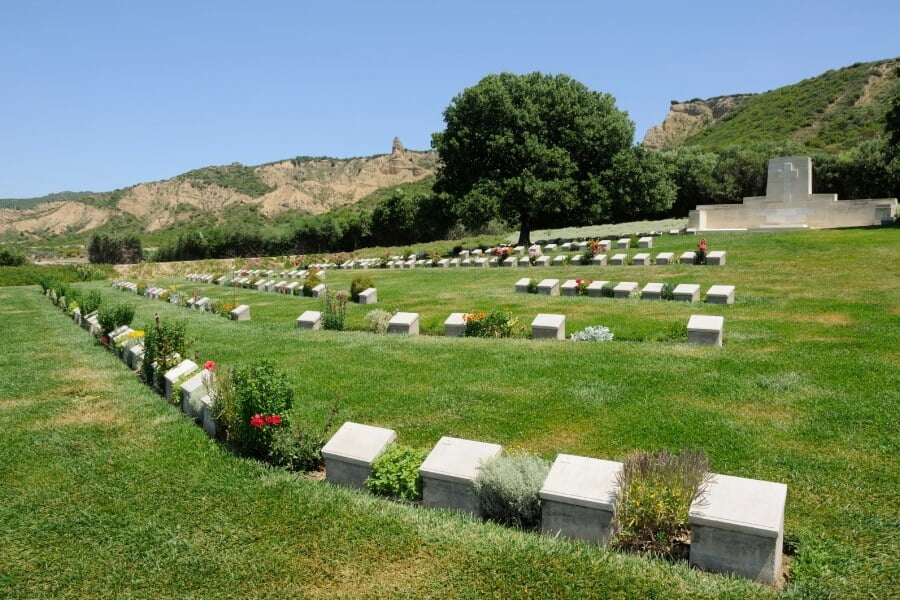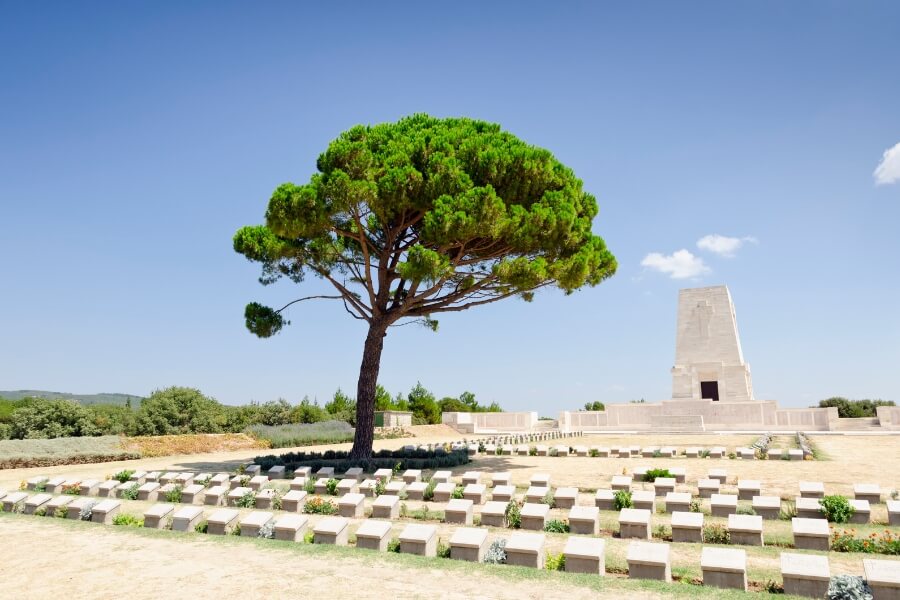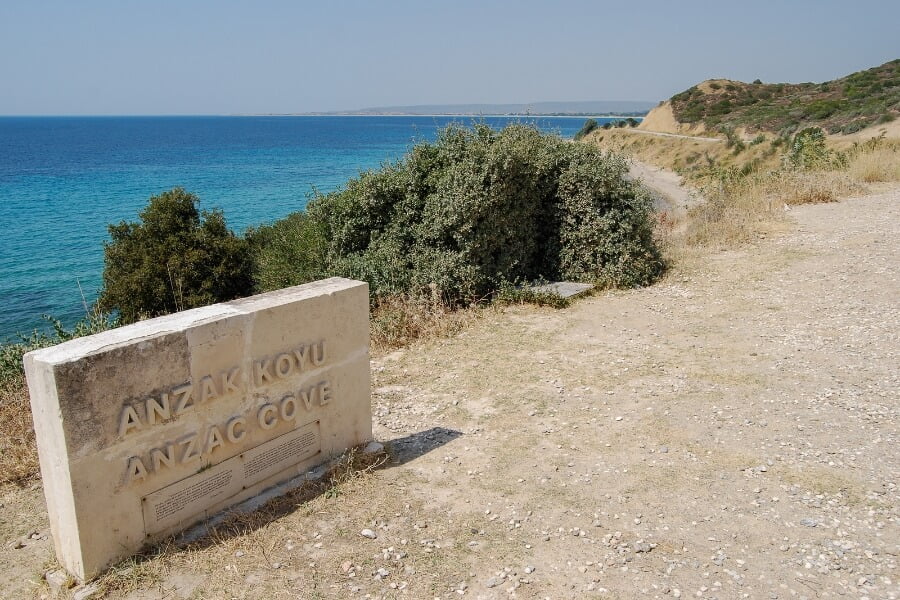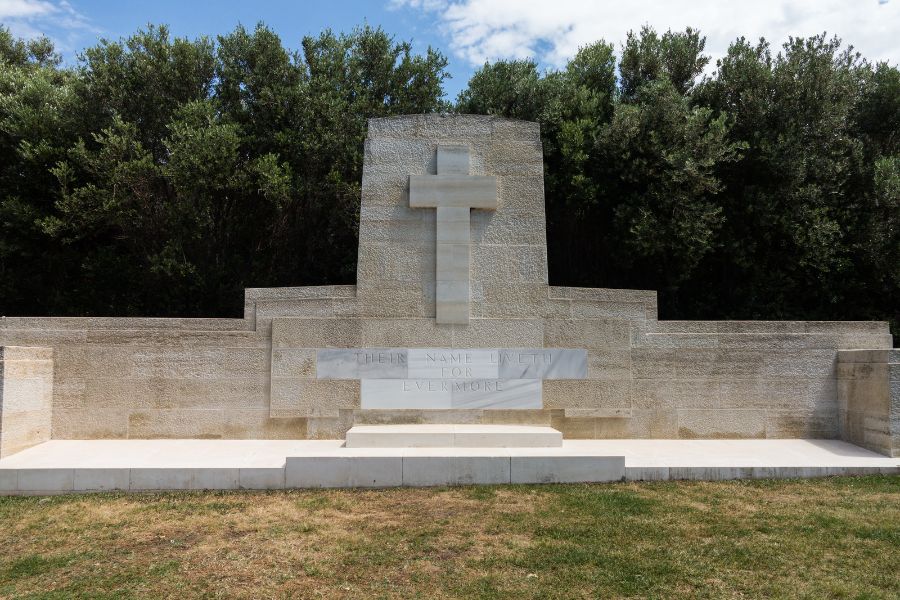A Journey Through Gallipoli’s Historic Battlefields
Gallipoli isn’t just a word or a chapter in a history book; it’s a vivid tapestry of sacrifice, valor, and immeasurable significance. By exploring the Gallipoli Battlefields, you get to peel back the layers of time and delve into a world that has shaped global events in profound ways. This guide aims to take you on a journey through this legendary landscape, revealing both its natural beauty and the weight of history it carries.
We recommend taking a day trip to Gallipoli from Istanbul for an economical and enriching experience. Our knowledgeable guides will provide you with a comprehensive overview of the history of the Gallipoli battles.
The Historical Importance of Gallipoli




Why Gallipoli Matters
Gallipoli holds a special place in the history of World War I. Situated in the Dardanelles strait, this narrow piece of land became the stage for an eight-month campaign that showcased not just military tactics but also the resilience of the human spirit. Several nations, notably the ANZAC (Australia and New Zealand Army Corps), the Ottoman Empire, and the British saw Gallipoli as a strategic gateway.
The ANZAC Legacy
The ANZAC forces, comprising mainly Australian and New Zealander troops, played a significant role in the Gallipoli campaign. Even though the mission was ultimately a failure, the resilience and courage displayed by ANZAC soldiers are remembered and celebrated every year on ANZAC Day. This lasting legacy has cemented Gallipoli’s place in history, making it a pilgrimage site for those wishing to honor these brave souls.
Preparing for Your Visit
What to Know Beforehand
A visit to Gallipoli isn’t something to undertake lightly. Given its history, you’ll need to approach the trip with the respect and reverence it demands. Take time to read up on the campaign and familiarize yourself with key events and locations. Knowing the background enriches the experience and lends a deeper understanding of what you’re about to witness.
Packing Essentials
This isn’t your usual vacation. Although the weather can be quite pleasant, the terrain can be challenging. Make sure to pack sturdy walking shoes, sunblock, water bottles, and perhaps a hat to shield against the Mediterranean sun. Don’t forget a reliable camera; you’ll want to capture these moments for posterity.
Finding a Tour Guide
Tour guides can offer invaluable insights into the Gallipoli campaign that you might not find in books. Opt for a guide who specializes in historical tours, as their expertise can significantly enhance your understanding of the site.
Geographical Overview
Gallipoli Peninsula
The Gallipoli Peninsula juts out into the Aegean Sea, sandwiched by the Dardanelles on one side. The landscape is rugged, with cliffs overlooking the sea and wooded hills providing a contrast to the battlegrounds.
Climate and Terrain
The climate is typically Mediterranean, with hot summers and mild winters. The terrain is mostly hilly, so prepare for some hiking if you plan to explore extensively.
The Battle of Gallipoli
Chronology of Events
The campaign began in April 1915 and ended in January 1916. Initially, it was seen as an opportunity for the Allies to gain control over the Dardanelles and, subsequently, access to Russia. However, a series of failed naval and land operations led to a tragic stalemate.
Major Players
The main combatants were the Allied forces—mainly British, French, and ANZAC troops—and the Ottoman Empire. General Sir Ian Hamilton led the Allied forces, while Mustafa Kemal Atatürk, later the founder of modern Turkey, commanded the Ottoman troops.
Exploring the Gallipoli Battlefields
If you’ve made it this far, you’re not just a tourist but a time traveler of sorts. When you set foot on sites like Lone Pine Cemetery or ANZAC Cove, you’re walking in the footsteps of heroes and martyrs.
Lone Pine Cemetery
This cemetery serves as the final resting place for over 1,000 ANZAC soldiers. It’s a solemn experience, standing amidst the rows of white headstones, each telling a silent story of sacrifice.
ANZAC Cove
The primary landing point for ANZAC troops, this small beach is where the first major engagements of the Gallipoli campaign occurred. Today, it serves as a place for reflection, its peaceful demeanor belying its turbulent past.
Chunuk Bair
One of the highest points on the Gallipoli Peninsula, Chunuk Bair saw some of the most intense fighting during the campaign. A memorial here pays tribute to the New Zealanders who fought and fell during the battle.
Interactive Experiences
Museums and Exhibits
There are several museums and exhibits in the area that offer interactive experiences. These institutions house artifacts, dioramas, and multimedia presentations that bring the Gallipoli campaign to life.
Reenactments
Some organizations conduct historical reenactments of key events. While this might not be everyone’s cup of tea, it offers a visceral sense of what the soldiers endured.
Tips for a Meaningful Visit
Capture the Moments
While photography is generally permitted, remember to be respectful, especially in places like cemeteries.
Paying Respect
Floral tributes are a common way to pay respect, but ensure you follow any guidelines provided by the local authorities.
Cultural Sensitivity
Dos and Don’ts
Respect for the local culture and the sanctity of the site is paramount. Avoid loud conversations or inappropriate behavior that might disturb the solemnity of the place.
Nearby Attractions
Canakkale
This charming town is the closest urban center to Gallipoli and offers excellent food, shopping, and accommodation options.
Troy
If you’re a history buff, you can’t pass up the opportunity to visit the ancient city of Troy, located not far from Gallipoli.
Conclusion
Exploring the Gallipoli Battlefields is not merely a sightseeing excursion but a journey into history. The echoes of bravery, loss, and lessons learned resonate in every corner of this hallowed ground.
FAQs
What is the best time to visit Gallipoli?
- The period from April to June and September to November offers the most favorable weather conditions.
Is it safe to visit Gallipoli?
- Yes, the area is generally safe, but always exercise common sense and heed local guidelines.
What are the must-see sites in Gallipoli?
- Lone Pine Cemetery, ANZAC Cove, and Chunuk Bair are among the essential locations.
How do I get to Gallipoli?
- The easiest way is to drive or take a bus from Canakkale.
Are guided tours available?
- Yes, several organizations offer guided tours specializing in the history of Gallipoli.
What should I pack for the trip?
- Sturdy footwear, water, sunblock, and a hat are some of the essentials.






